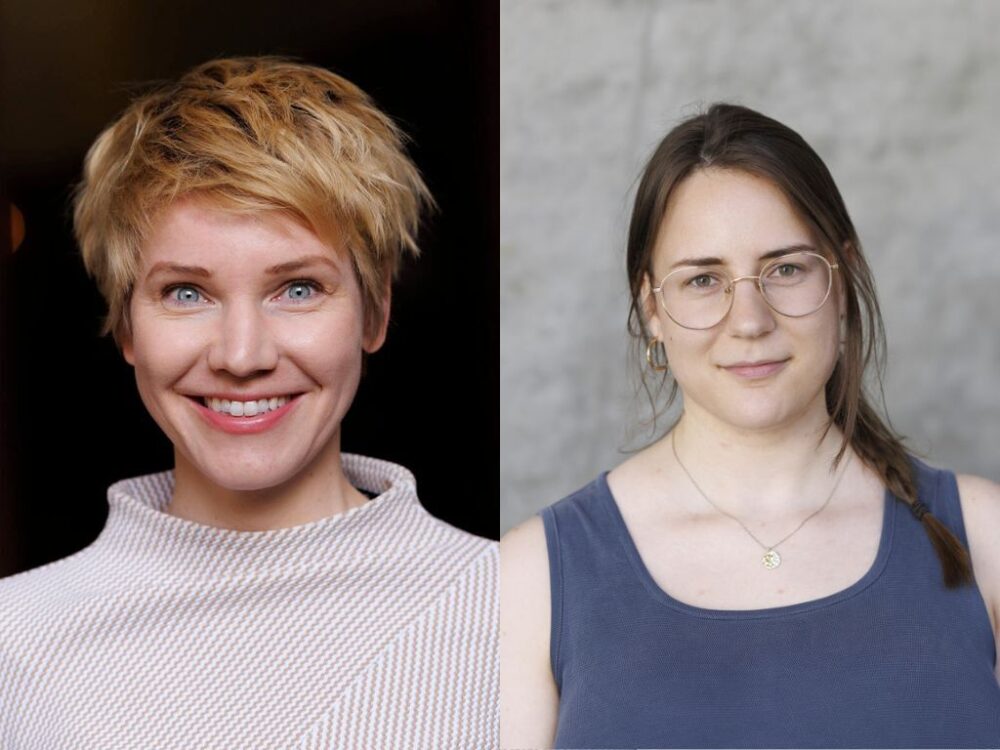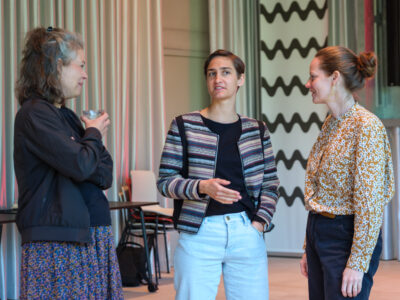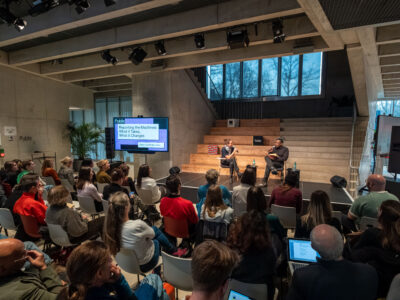Joining forces against disinformation
False information is booming during election campaigns. That's why Correctiv wants to make society resistant to it right now: with a new user platform called “Faktenforum”.
By Anna Süß und Caroline Lindekamp, Correctiv

An image depicting a fictitious scandal. A chatbot that answers political questions incorrectly. A headline that is deliberately stirs up emotions: Disinformation has many faces and it threatens democratic processes as much as it does the culture of social debate. This problem is exacerbated by new technology, from the artificial intelligence that creates automated text to ChatGPT and MidJourney, which generate images that facilitate the production of false information. In a matter of seconds, false claims can be given a veneer of legitimacy with the use of deceptive text, images, and videos that can appear genuine.
Though recommendation algorithms on social media platforms, content that is often emotional and polarising can reach millions of people, and in times of international crises, it has proven very successful. Every recent election has been surrounded by fears about the consequences of disinformation, and not without good reason. In more than 60 countries over the course of 2024, it became clear just how easily social issues could become the object of manipulative campaigns of disinformation, all of which should serve as a warning for the upcoming early federal elections here in Germany.
And yet, 2024 began with an impressive show of commitment to democracy, as an estimated 3.5 million people took to the streets in Germany to protest anti-democratic tendencies. The question quickly emerged as to how this momentum could be converted into long-term commitment. Enter Faktenforum, Germany’s first fact-checking community.
Members attend workshops on how to recognise and classist false claims, gathering knowledge which is then directly applied. Sea levels aren’t actually rising? False. iPhone users are automatically registered as organ donors? Misleading. Turkey is leaving NATO? Also false. These are just a few examples of factchecks conducted by the Faktenforum community. Not only do members learn how to do deal with false claims, they are also given a chance to actively counteract them.
As an independent citizens’ editorial board, the community is provided with a home on the Faktenforum platform. Anybody can participate as long as they adhere to the community rules and are willing to do careful research. The closed user area is a safe space for exchange and collaborative fact checking. The community is guided by the Correctiv Faktenforum team, which also checks the results and implements the same verification processes that are used by professional editorials. This process brings about greater appreciation and understanding of journalistic standards.
While ever-more ideological rifts and irreconcilable differences emerge in socio-political discourse, the Faktenforum community learns in practice that one’s own convictions have no place in fact-checking. The goal is to find at least two reliable sources that either support who refute a particular claim.
Each user decides for themselves how to they want to get involved. Some focus on highlighting false claims, some research sources, while others still check images. The citizens’ editorial board can thus integrate people with different interests, know-how, and abilities. The community engages in discussions on the different forums, sharing the facts they gather in their own networks. The platform allows members to collaborate across Germany on a decentralised basis. The Faktenforum is also building a structured databank that shows how disinformation changes and continues to develops. These methods can thus be used to recognise patterns that enable new countermeasures.
There are many approaches to combatting false information. Proposals for new regulation, fact checks, workshops on media competency, and tools for recognising AI-generated content have all proven to be somewhat successful. And yet measures such as these are not consistently effective. Technology, education, and networks will all have to act in conjunction if falsehoods are to be tackled sustainably in the longterm. The Faktenforum unites this objective with that of strengthening a responsible public as the foundation of democracy.
Photos: N.N.

